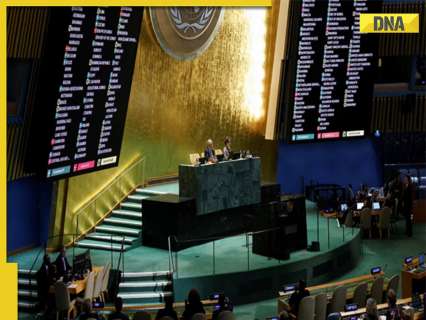
Culturally safe health care is key to tackling rheumatic heart disease in Australia, with researchers saying Aboriginal and Torres Strait Islander-led prevention programs need to be prioritised. or signup to continue reading Rheumatic heart disease (RHD) is an acquired, but preventable condition, with more than 40 million cases worldwide. Australia has one of the highest instances of acute rheumatic fever and RHD in the world.
University of Queensland child health research centre PhD candidate Lorelle Holland said Indigenous communities are disproportionately affected by RHD. Ms Holland's reviewed the effectiveness of programs to prevent, reduce and control it. She said among the best programs in the research were those which were co-designed and led by community.

"It's community-based, two-way learning and not only looking at primordial prevention, which is your housing and your broader infrastructure and primary prevention," she told AAP. "For people to feel safe and comfortable to get their regular penicillin and come when they're called in, they actually educated the local people. "They had meaningful measures to deliver culturally-safe care.
It's all in the messaging and the empowerment of local people, and community capacity building." Yumeng Cai, a senior research assistant from the University of Queensland School of Nursing, Midwifery and Social Work, said funding for improved living conditions, Step A vaccination and culturally responsive health education also need to be prioritised. "We need to address why people do not feel safe going to their local health clinic or hospital for essential treatment," she said.
Although causes of RHD are complex, it is linked to a type of bacteria called streptococcus A that can affect the throat or skin. If the infection isn't treated, it can lead to acute rheumatic fever which can then cause RHD, leading to serious health problems like heart failure and stroke. While Ms Holland said the research shows "we've got to do a lot better" to prevent RHD, she believes focusing on community-led initiatives can help reduce the number of people affected by the condition.
She said culturally safe healthcare that respects Aboriginal and Torres Strait Islander cultures and perspectives is essential in eradicating the disease in Australia. "This research reinforces that programs should address health inequities and the political, social and cultural factors that contribute to the disease," she said. DAILY Today's top stories curated by our news team.
WEEKDAYS Grab a quick bite of today's latest news from around the region and the nation. WEEKDAYS Catch up on the news of the day and unwind with great reading for your evening. WEEKLY Get the editor's insights: what's happening & why it matters.
WEEKLY Going out or staying in? Find out what's on. WEEKLY Love footy? We've got all the action covered. WEEKLY The latest news, results & expert analysis.
WEEKLY Every Saturday and Tuesday, explore destinations deals, tips & travel writing to transport you around the globe. WEEKDAYS Sharp. Close to the ground.
Digging deep. Your weekday morning newsletter on national affairs, politics and more. TWICE WEEKLY Your essential national news digest: all the big issues on Wednesday and great reading every Saturday.
TWICE WEEKLY Get real, Australia! Let the ACM network's editors and journalists bring you news and views from all over. WEEKLY Get news, reviews and expert insights every Thursday from CarExpert, ACM's exclusive motoring partner. AS IT HAPPENS Be the first to know when news breaks.
DAILY Your digital replica of Today's Paper. Ready to read from 5am! DAILY Test your skills with interactive crosswords, sudoku & trivia. Fresh daily! Advertisement Advertisement.















